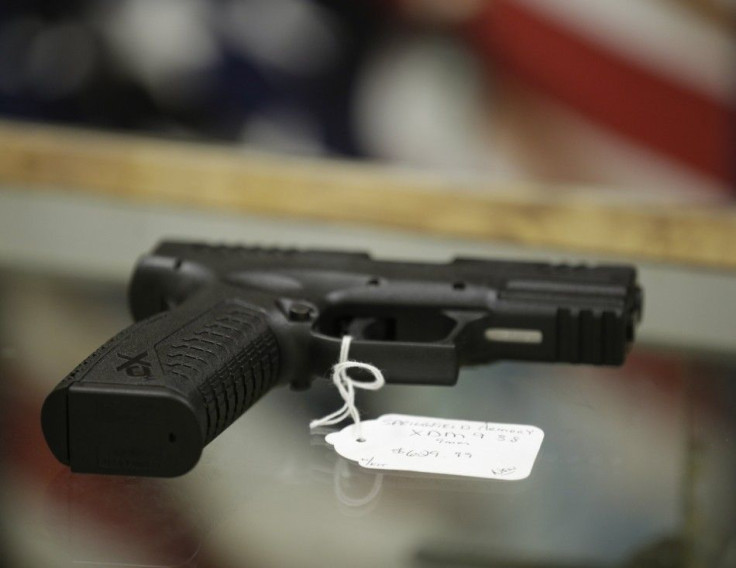Another Dead Russian Journalist: Reporter Killed In Restive Caucasus Region

A Russian journalist was shot dead Wednesday in the city of Nalchik located in the North Caucasus region, where security forces have been battling against Islamist insurgents for several years.
Kazbek Gekkiyev, 26, worked as a newsreader for the state-run television station in Nalchik, the regional capital of the republic of Kabardino-Balkaria.
Gekkiyev was approached by two men on the street Wednesday evening as he was returning home from work, according to witnesses, the BBC reported. The men reportedly asked Gekkiyev his name and profession and then fatally shot him in the head.
A spokesman for the Investigative Committee, Russia’s equivalent of the FBI, said the crime was “aimed as a warning to other journalists who report on the fight against bandits," according to the BBC.
The news channel said several of its reporters had received death threats from Islamists, though Gekkiyev had not specifically reported on the insurgency himself.
The North Caucasus has become a particularly volatile region in the past two decades in the wake of the government’s crackdown on the Chechen separatist movement and the establishment of the Islamist Caucasus Emirate in 2007, which has supported insurgencies across the region.
“Insurgency strategies in the North Caucasus changed after the establishment of the Caucasus Emirate [CE] in 2007,” a 2011 report from international research network PONARS Eurasia read. “An important change in insurgent ideology can partially explain the upsurge in violence and terrorist attacks across Russia.
“During the First Chechen War, the insurgents fought against the Russian state mainly for political and nationalist reasons,” it added.
“The establishment of the CE crystallized and made official a radical religious trend among insurgents that existed since the end of the first Chechen war. ... During the Second Chechen War, insurgency leaders sought support from religious groups outside Chechnya to expand the insurgency across the North Caucasus.”
While Russian authorities are suggesting the involvement of Islamist insurgents in the Gekkiyev’s death, human rights groups have also criticized the government for targeting journalists that report critically on it.
Gekkiyev’s colleagues said he mostly reported official law enforcement information and did not pursue stories critical of the government.
His brother Alibek told a local radio station that Gekkiyev was committed to “being a professional in what he does. He has never done anything bad to anyone on either side. He was an absolutely neutral man,” the BBC reported.
Russia is a very dangerous place for reporters.
In June 2009, the International Federation of Journalists documented the deaths and/or disappearances of more than 300 journalists in the country since 1993.
Later that year, the Committee to Protect Journalists declared that Russia is one of the deadliest nations on Earth for the profession, with one of the lowest rates of conviction for such crimes.
© Copyright IBTimes 2025. All rights reserved.





















